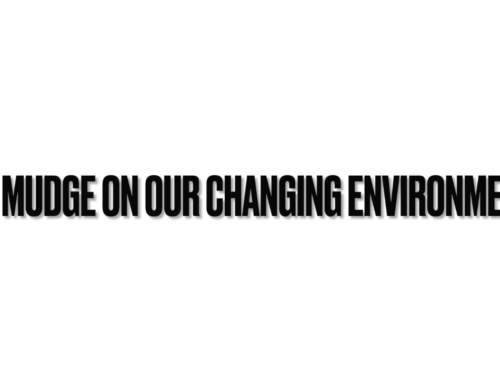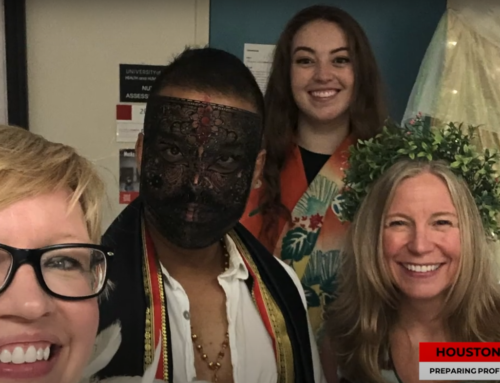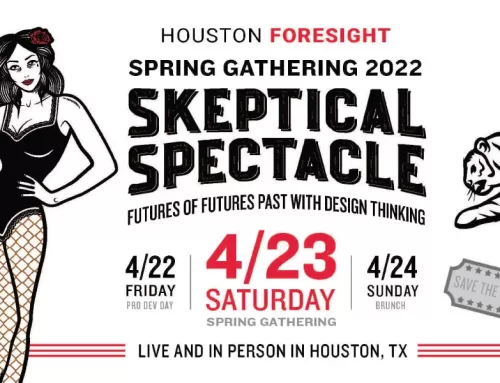A prospective student raised a question about specialization in foresight in a recent APF listserve conversation. This question is also a frequent one of our Houston Futures grad students. We discussed the question recently in Pro Seminar and did a “personal branding” exercise to help us think through how we want to present ourselves to the marketplace in doing our foresight work (see “The Personal Brand in Futures“ for additional thoughts) .
There is no “right” answer, of course. It depends on the individual and their circumstances and capabilities. First, to clarify terms. Generalist refers to one who works on a wide range of foresight topic and use a range of tools. I would put myself in that category, having seemingly worked on the future of almost everything over the last 20+ years. Specialist refers to one who picks a particular domain or topical interest, and becomes an expert in it, along the lines of an “energy futurist,” “transportation futurist,” “legal futurist,” etc. It may also be possible to be a “single method” futurist and brand your expertise in say, doing a particular type of scenario technique, or perhaps being expert simulations and gaming. I haven’t seen much of this, but is seems plausible. For instance, when I think of CLA (causal layered analysis), I think of Sohail.
And, of course, there are hybrid versions. Mostly generalist with some specialization. In my case, for instance, I’ve done so much work on consumer insight and values that I know present that as a specialization. I suspect, over time, that many generalists find this happening. Or you start as a specialist and gradually expand into new areas.
For students, though, is there a better way? One clue might be whether the student already has a subject matter expertise and can then futurize it. It may be that an undergrad major or work experience provides the foundation for specialization. It is probably a bit easier to break into professional foresight with a specialization, as it addresses the credibility question. It’s perhaps tougher to break in as a generalist, unless you are willing to pay your dues and start at the bottom. These are the days of entry-level research assistant that I remember, hmm, somewhat fondly.
It also helpful to take stock of what makes you happy. Would you be okay being narrowly focused, perhaps going over the same ground, giving the same talk, again and again? Or do you live for the challenge of always breaking new ground – and being okay with the risk that you’re going to miss something obvious in an area new to you (every generalist’s nightmare)?
It depends, but knowing yourself and your anticipated brand can help you point you in the desired direction, and, of course, we can always change. Andy Hines





